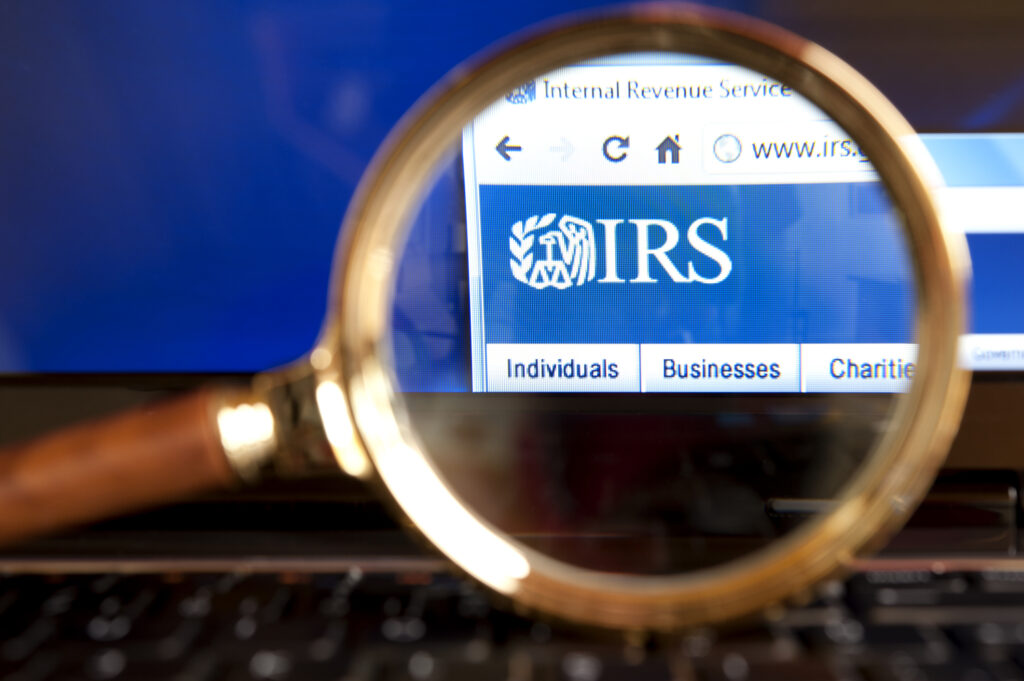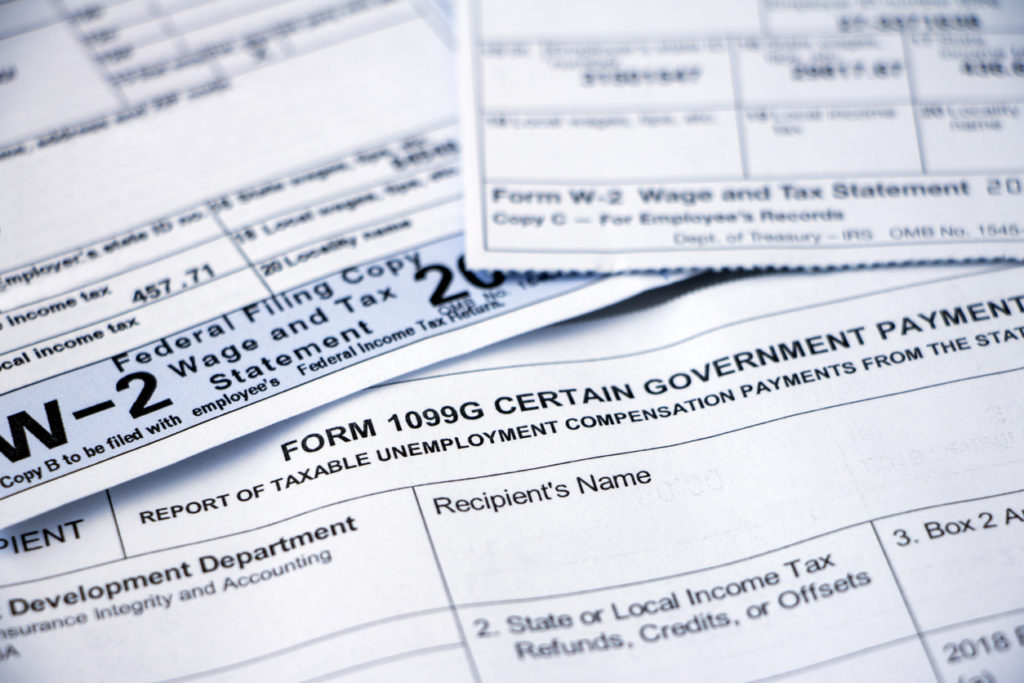The only way to get a felony or misdemeanor conviction expunged from your record in Pennsylvania is to get a pardon from the Governor. Before you start filling out your application, you must obtain the following documents from the Court of Common Pleas in the county where you were convicted:
- Criminal Complaint
- Affidavit of Probable Cause
- Criminal Information/Indictment
- Final Plea or Verdict
- Sentencing Order
- Proof of Payment of Financial Obligations such as fines, costs, restitution, supervision fees. If you have an outstanding balance, provide a receipt showing your current balance and the date of your last payment.

You can download an application from our website resource page or hire our firm to help you complete it and represent you at the hearing. Once you send in the application to the Board of Pardons office and is complete and accurate the Board will send you a letter confirming the filing of the application. Staff from the Pennsylvania Board of Probation and Parole conduct investigations for the Board of Pardons. They will report all criminal history and driving violations found. They will also conduct a telephone interview or an in-person interview in your home to provide the Board with your present personal status.
The following is a list of items you will need to gather in advance of the meeting with the investigating staff:
- Residence: rental agreement, mortgage statements, rent receipts, etc. as applicable;
- Marital Status and Family Composition: marriage decrees, divorce decrees, birth and or death certificates, etc. as applicable;
- Employment: pay stubs, W2’s, evidence of income to include alimony, unemployment, VA benefits, etc. as applicable;
- Resources: investment statements, life insurance policies, checking and savings account statements, total family income, value of all property to include vehicles, vacation property, rental property; etc. as applicable;
- Liabilities and Indebtedness: loan statements, mortgage statements, installment (credit card) statements, delinquency on any utilities, etc. as applicable;
- Membership in Organizations and/or other Civic Organizations: membership cards for any volunteer, civic, church related organizations, etc. as applicable;
- Religious interests: interests and activities of the Applicant, as applicable;
- Mobility and Travel: addresses and dates of residences for the past ten years;
- Employment History: record of jobs held for the past ten years as shown by W2’s, pay stubs, etc. as applicable;
- Educational History: history of education as shown by diplomas, certificates, transcripts, etc. as applicable;
- Military Service: branch of service, dates of entry and discharge, type of discharge, rank attained as shown by a DD-214; as applicable;
- Community Reputation and Reference: names and contact information of at least 3-5 references to be contacted by the investigating Agent, or letters of support.
Please Note: Before submitting your application, please be sure that you are willing to make yourself available to the parole staff. The Board has determined the interview and verification of the information provided as requirements and you must adhere to them. Failure to make yourself available to parole staff either by telephone or the in-person interview and/or to provide the requested information will result in your application being administratively withdrawn.
If you do not reside in Pennsylvania, parole staff’s standard procedure is to send you a worksheet to complete followed up by a telephone interview to confirm the information contained in the worksheet.
You should expect a delay from the time your application is filed until you are interviewed. This will ensure that the information regarding your present personal status is current and accurate when it is reviewed by the Board.
Department of Corrections – This agency is responsible for preparing a report for incarcerated individuals only.
District Attorney/President Judge – The District Attorney and President Judge in the county where the crimes occurred are given a chance to provide an opinion on the merits of every application. In cases involving more than one jurisdiction, a copy of the application will also go to the appropriate District Attorney and President Judge in that county.
Once all of the necessary reports have been received, the Board Secretary and staff will send to each Board Member in advance an applicant’s file to be reviewed for a hearing. The Board will grant a hearing if two (2) of the five Board members approve. Hearings for lifers or prisoners serving time for crimes of violence may only be granted upon approval of three (3) Board members. Attempted crimes of violence are included in this and offenses committed while in visible possession of a firearm, for which sentencing was imposed, will also require a three (3) member vote. If the required number of votes are not obtained, the process has ended and the applicant will not receive a pardon/commutation.
If a hearing is granted, a calendar is prepared, listing each application to be heard at the specified public session and the following individuals/agencies will be notified of the time and place of the hearing:
1. Applicant/Representative
2. Board of Probation and Parole
3. Department of Corrections (If incarcerated)
4. District Attorney, President Judge
5. Victim(s) or Victim(s) Next of Kin
6. Newspaper in the county where an applicant committed the crime(s) for which he/she is seeking clemency. At least one week prior to the public hearing, notice must be published stating the applicant’s name, the crimes(s) with respect to which the applicant has applied for clemency, clemency type, the institution, if any, in which the applicant is confined and the time and place of the hearing at which the application will be heard. Newspaper publication is required for every application to be heard by the Board.
The Hearing:
Hearings are held in the Supreme Court Courtroom in Harrisburg. The Board meets on a regular basis, as determined by the Board. On the scheduled day, the Board convenes at 9:00 A.M. for morning sessions or 1:00 P.M. for afternoon sessions. The Board’s secretary will call the session to order and the Board’s chairman will present opening remarks. Following the opening remarks, the first case, as listed on the calendar, is called to present their case. No more than fifteen minutes is allowed for each applicant’s presentation. Each case is called in consecutive order with each informal presentation adhering to the following format:
Applicant’s and Supportive speakers’ presentation.
Victim’s or victim’s next of kin’s presentation or anyone who would like to speak in opposition of the application.
The Results:
Following the public hearing session, the Board meets in Executive Session. The Board reconvenes to vote in public. If a majority of the Board vote in favor of an application, the Board recommends favorable action to the Governor. If less than a majority of the Board vote in favor, the result is a denial by the Board and the application is not forwarded to the Governor. Life or Death sentence cases require a unanimous vote by the Board to be recommended to the Governor. The Governor, at his discretion, may approve or disapprove any favorable recommendation submitted by the Board. When the Secretary of the Board has received the Governor’s action, all interested parties will be notified of the decision.
Reconsideration – A request for reconsideration of any decision may be made to the Board. The applicant must show a change in circumstances since the application was filed, or other compelling reasons, sufficient to justify reconsideration. Dissatisfaction with the Board’s decision is not grounds to request reconsideration.
Reapplication – An application may not be filed before the expiration of 12 months from a final adverse decision on any prior application. If an application receives two consecutive adverse decisions, an application may not be filed before the expiration of 24 months from the last adverse decision.















